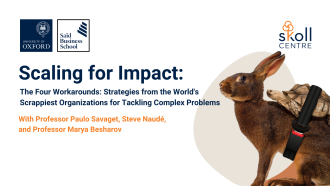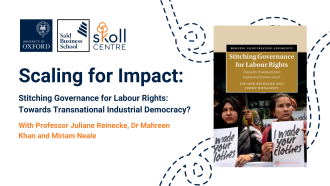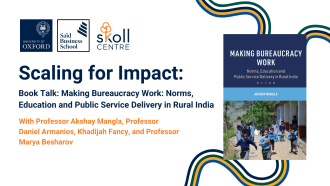Scaling impact
How can we effectively and responsibly catalyse impact at scale, scaling up while also scaling deep?
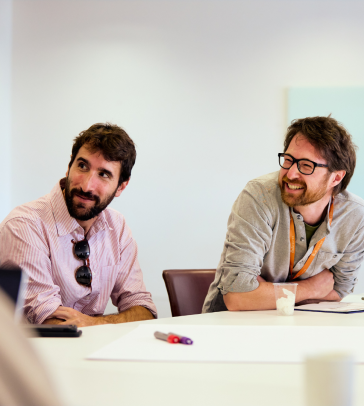
How can we effectively and responsibly catalyse impact at scale, scaling up while also scaling deep?
From 2019 to 2021, the Skoll Centre hosted the Systems Change Observatory (SCO), an interdisciplinary initiative that conducted longitudinal, empirical research on systems change efforts in the social impact space, from the perspective of social ventures and funders.
Over the next five years, we are focusing on building research-practice initiatives that will generate insights to fuel leadership development programmes for Oxford students and impact leaders worldwide. Interested in collaborating or partnering with us on a new research initiative?
Meet the Skoll Centre Fellows working on scaling systemic social change.
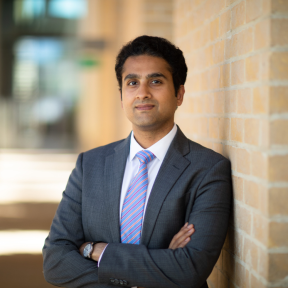
Associate Professor in International Business
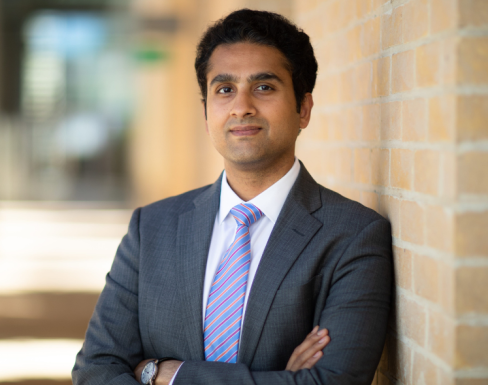
Akshay Mangla’s expertise is in comparative political economy, governance and development, with a regional specialisation in South Asia. A political scientist by training, Akshay’s research seeks to understand the causes and consequences of state capacity and institutional reform in developing countries. His ongoing projects investigate how governments and non-state actors work collectively to implement public policies and services in India.
His first book, Making Bureaucracy Work: Norms, Education and Public Service Delivery in Rural India investigates why and how state agencies implement universal primary education programs (more or less) effectively in India. Alongside his role at Saїd Business School, Akshay is a Research Fellow at Green Templeton College. Prior to joining the University of Oxford, Akshay taught on the Harvard Business School faculty, as an Assistant Professor in the Business, Government and International Economy Unit.
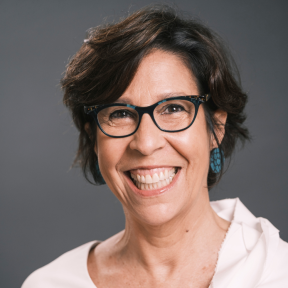
Consultant
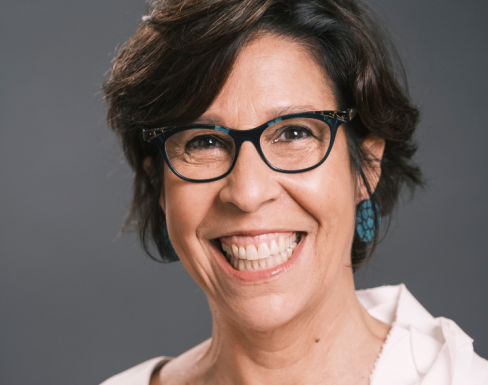
Economist by training, network weaver and ecosystem catalyst by vocation, and optimist by choice. Driven by hope and optimism for creating social and environmental innovations that improve the lives of those most in need.
Célia served as a member of the Executive Committee at Instituto Beja (2024–2025), an organization that seeks to catalyze the philanthropy ecosystem, working in knowledge, advocacy, and labs. She was also Director of the Center for Exponential Change (CMe), the Brazilian hub of the C4EC – Center for Exponential Change.
From 2012 to 2024, Célia was Executive Director of the Instituto de Cidadania Empresarial (ICE), working on impact investing and social business. Before that, she served as Director of Ashoka Canada, Managing Director of the Ashoka Global Fellowship, and Director of Ashoka in Brazil and Paraguay (2002–2011).
Earlier in her career, she worked with IDIS as Program Coordinator, supporting the creation of new community foundations (2000–2002). She also founded the fundraising consulting firm Philanthropics (1994–2013), co-founded the Brazilian Association of Fundraisers, and served as Fundraising Coordinator at Fundação Getulio Vargas (EAESP/FGV) until 2000.
Célia holds a Master’s degree in Economics from EAESP/FGV, with one year at ESSEC (France, 1990) and York University (Canada, 1993). She earned her undergraduate degree in Economics from the University of São Paulo (FEA/USP).
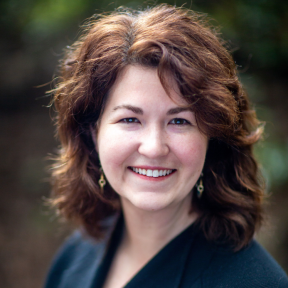
Director, Global Alliances, Skoll Foundation
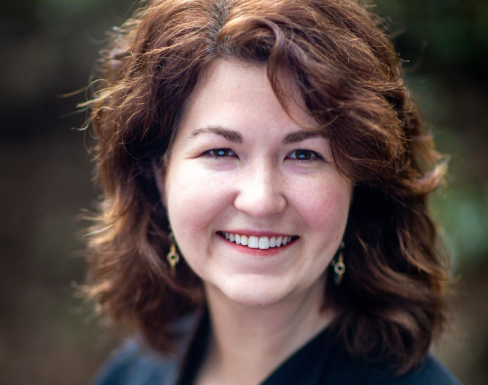
Animated by the power of connection, Claire cultivates networks, partnerships, and collaborations to drive social progress. She collaborates with Oxford researchers and students to explore collective leadership themes and models. Currently the Director of Global Alliances at Skoll Foundation, Claire has led multi-year global network cultivation efforts and a portfolio of regional and global partnerships. She co-founded multiple global initiatives to increase access and inclusion, including the Skoll World Forum Fellowship, TEDx Global Impact Network, and TEDx Skoll Conversations across Africa, Asia, and Latin America. Claire advises and partners with organizations including Wasan Network, The Wellbeing Project, TED, and IRIS: International Resource for Impact and Storytelling.
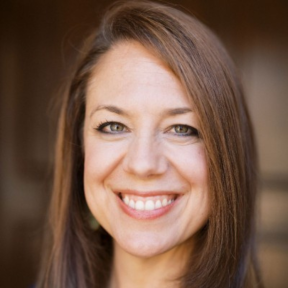
Senior Researcher & Adjunct Lecturer, Bertha Centre for Social Innovation and Entrepreneurship
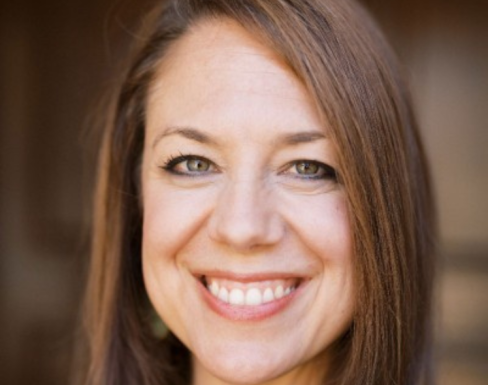
Cynthia Rayner works with social purpose organizations and funders as a researcher and co-learner. She is a PhD student at the University of Cape Town Graduate School of Business, studying collective agency in pursuit of systems change. Her research focuses on how organizations and communities work to shape social systems in collective ways. Cynthia's passion is finding "stories from the edge" that reveal the power of people in collectives. She recently co-authored a book, "The Systems Work of Social Change". Cynthia is affiliated with the Bertha Centre for Social Innovation as an adjunct lecturer & senior researcher. She is also the "Systems Storytelling Initiative Lead" at the Collective Change Lab and an active member of Catalyst 2030, a global network of social entrepreneurs.
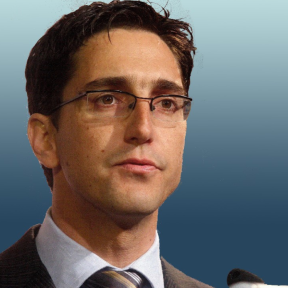
Director, Schwab Foundation for Social Entrepreneurship
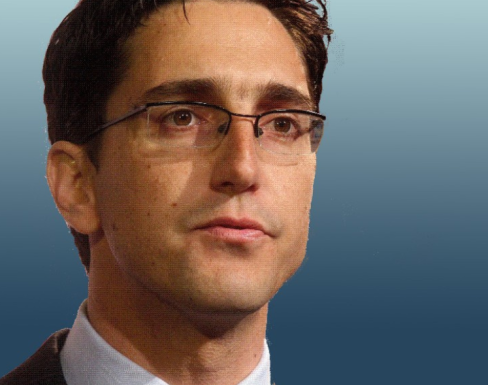
François is Director of the Schwab Foundation for Social Entrepreneurship and Head of Foundations including the Young Global Leaders and Global Shapers at the World Economic Forum. Dr Bonnici is a public health physician, university professor, social change practitioner, foundation leader and author of ‘The Systems Work of Social Change’, awarded the Best Non-Profit Management Book of 2022. His career is rooted in front-line medical and humanitarian work and he has worked extensively with public sector, civil society, business and philanthropy to build progressive and catalytic partnerships. He is also a Rhodes Scholar, Archbishop Tutu African Leadership Fellow, and Academic Fellow at the University of Geneva, and was the former Founding Director of the Bertha Centre for Social Innovation & Entrepreneurship, University of Cape Town.
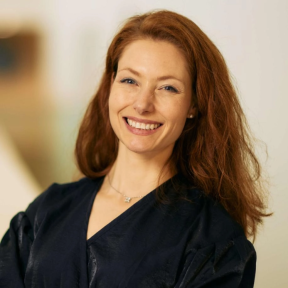
Professor of Management Studies
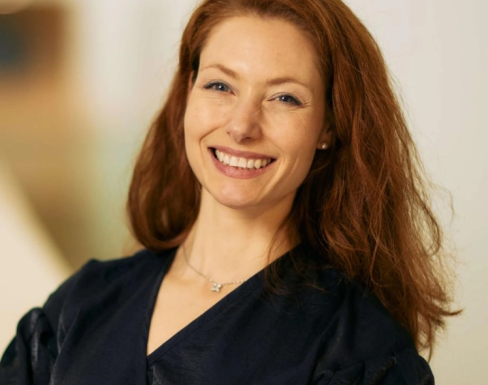
Juliane is Professor of Management Studies at Saïd Business School, University of Oxford. Juliane' research draws on insights from organisation theory, political philosophy and process studies to explore, broadly speaking, how transnational governance institutions emerge and evolve as a result of the interactions of multiple stakeholders to promote more just and sustainable forms of globalisation in global supply chains, but also organisations in general.
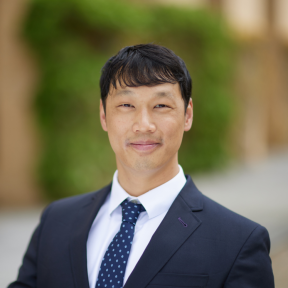
Research Assistant
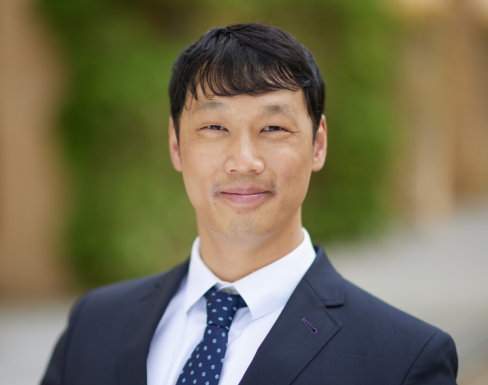
Kevin is a Research Assistant at the Oxford Sustainable Finance Group working on spatial finance. His research looks at the impacts of Belt and Road Initiative infrastructure projects and investments on climate change, the environment, and sustainable economic development in recipient countries across Asia.
He holds a DPhil and MSc in economic history from Oxford University, and a BA from Northwestern University. His thesis examined the long-run impacts of colonial infrastructure projects and investments on long-run economic growth and development in Asia, and how such developments impacted climate and agricultural shocks, spatial and regional inequality, and poverty. He has also worked as a policy researcher with the UK Department of Business, Energy, and Industrial Strategy, studying technology, innovation, and finance, and as a researcher with the Institute for New Economic Thinking.
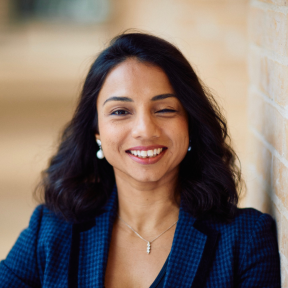
Senior Postdoctoral Fellow
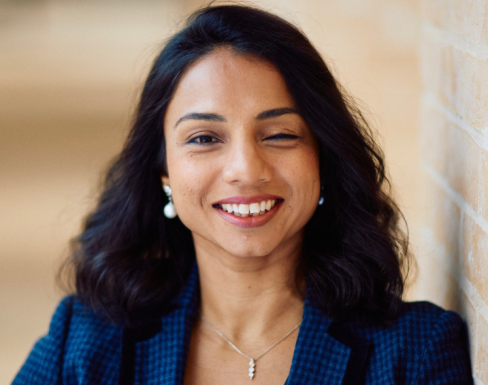
Dr Mahreen Khan is a Senior Postdoctoral Fellow at the Oxford Martin School, University of Oxford. She is a development economist focusing on issues of labour mobility and migration, human capital and skills acquisition, and youth entrepreneurship. Her current works explores the impact of non-cognitive skills, entrepreneurship accelerators, and large-scale labour migration on youth labour markets in low- and middle-income countries. She has extensive and diverse work experience in the international development sector. She completed her Ph.D. from MIT Sloan School of Management. She holds a Master’s in Applied Economics from Paris School of Economics, and dual Bachelor’s degrees in Economics and Management from MIT.
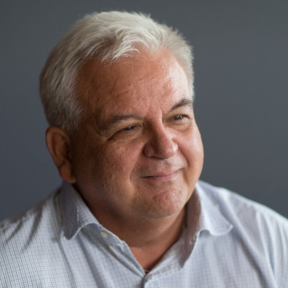
Associate Professor of Strategic Management
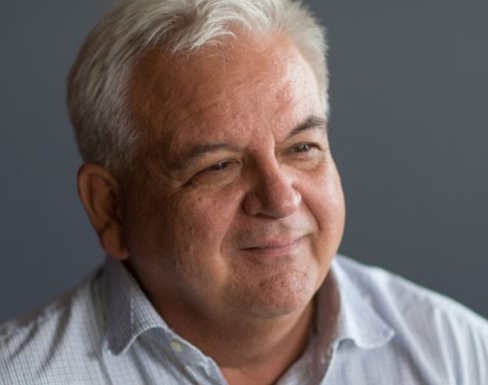
Marc Ventresca is an economic sociologist in the Strategy, Innovation and Marketing Faculty at Saïd Business School and a Governing Body Fellow of Wolfson College. Marc's areas of expertise include market and network formation, entrepreneurship, governance, and innovation and technology strategy. His research and teaching focus on the formation of markets and networks in business and social settings. Specifically, he researches how markets are built and the actors who build them. He is also an expert in the areas of governance, innovation and technology and how they interact with markets and networks.
Marc is involved with a number of entrepreneurship and innovation initiatives within Oxford. He is academic director for the ‘Science Innovation Plus’ initiative, which is a partnership between Saïd Business School and the Division of Mathematical, Physical and Life Sciences.
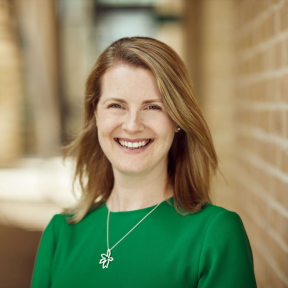
Senior Fellow in Management Practice
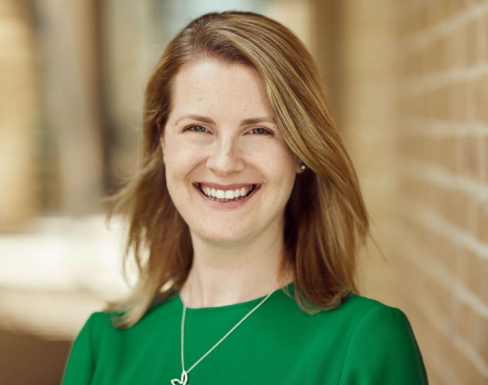
Mary is Senior Fellow in Management Practice. At the University of Oxford’s Saïd Business School, she has also served as Senior Research Fellow and Founding Programme Director of The Ownership Project and is currently a Skoll Centre Fellow and Co-Director of the Oxford Leading Sustainable Corporations programme. Mary is a Senior Associate of Oxford Net Zero, a member of the Jury of the IMD-Pictet Sustainability in Family Business Award, has also served as a World Economic Forum Global Futures Council Fellow and is Chair of the Board of B Lab UK. Her research explores how business is affecting our world, and how leaders build strategy around the public good. She has a longstanding research interest in women in business.
Her co-authored volume on sustainability leadership is slated for publication in 2023, and she serves as an advisor to several businesses on sustainability and impact strategy.
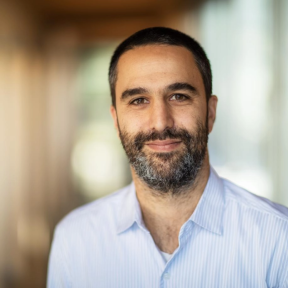
Associate Professor in International Business
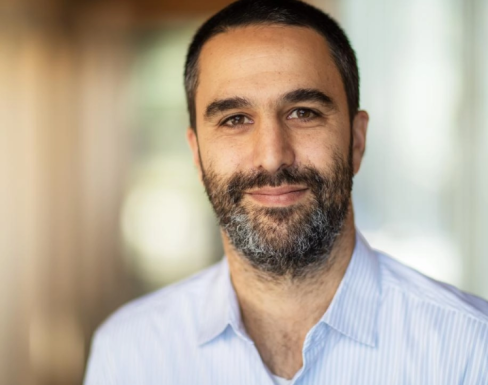
Matthew Amengual is Associate Professor in International Business. He is a political scientist by training and is a part of the International Business group. Matthew Amengual’s research explores the political economy of promoting economic development that is both equitable and sustainable. His recent work seeks to understand how the institutions that regulate labour standards in global value chains evolve and influence outcomes for workers and firms. His first book, Politicized Enforcement in Argentina: Labor and Environmental Regulation was published by Cambridge University Press. He is writing a second book that develops a theory to explain different outcomes that arise when firms face demands by societal actors unmediated by state institutions.
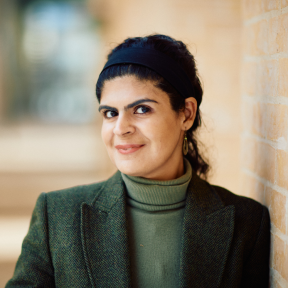
Researcher

Dr Minerva Singh is a Researcher at the Nature Based Solutions Institute (NBSI), where she focuses on identifying the role of nature-based solutions in improving infrastructure resilience. From 2018-22, Dr Singh was a Research Fellow at the Imperial College London, where she focussed on implementing machine learning solutions for implementing and monitoring Sustainable Development Goals (SDGs). She has more than a decade's experience working at the interface of AI and SDGs.
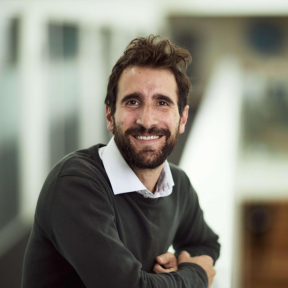
Associate Professor of Engineering Entrepreneurship
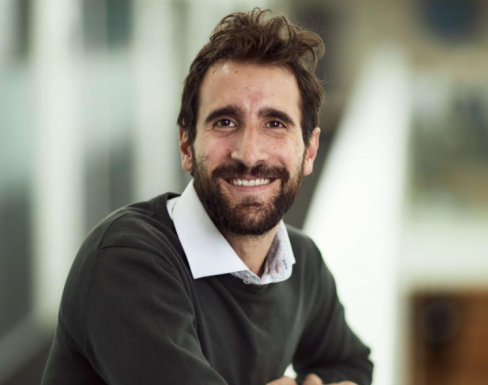
Paulo holds a joint appointment between the Department of Engineering Science and Saïd Business School. His primary fields of expertise are entrepreneurship, sustainable development, systems change, and innovation management. The emphasis of his work is on transforming unjust systems through entrepreneurship. He formerly served as Postdoctoral Researcher at the Skoll Centre and as an Assistant Professor at Durham University. Outside academia, he worked as an entrepreneur and as a consultant to large companies, governments, and intergovernmental organisations. He received his PhD from the University of Cambridge, as a Gates Scholar.
He has been granted the IBM Business of Government Award, the Green Talents Award from the German Ministry of Science and Technology, and the Oldham Award from the University of Sussex, and has received multiple scholarships for his studies, such as from the Gates Trust, the UK Foreign and Commonwealth Office, and the Brazilian Council for Science and Technology.
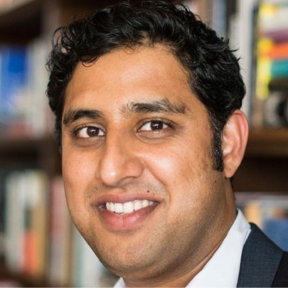
CEO, Bridging Ventures
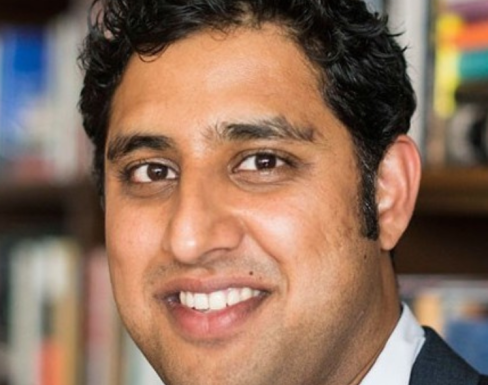
Professor Rajiv S. Joshi is a regenerative economist, community organizer and entrepreneurial leader building global programs at the intersection of environmental, social, and economic justice. He directed the world’s largest Global South-led alliance to end poverty and is a steward to climate action initiatives around the world. He helped design the 2030 Sustainable Development Agenda and was the Principal Author of the Decisive Decade Inquiry into the Future of Climate Action. Rajiv has served as Associate Dean for Climate Action and chief impact officer at the Columbia Climate School, and is currently an adjunct Professor at Columbia’s School of International and Public Affairs (SIPA) where he has developed the University’s first class in Climate Technology and Regenerative Entrepreneurship. Rajiv is currently Founder & CEO of Bridging Ventures, an agency driving radical collaboration, through content, partnerships and coalitions - to address systemic challenges across generations, sectors and geographies.
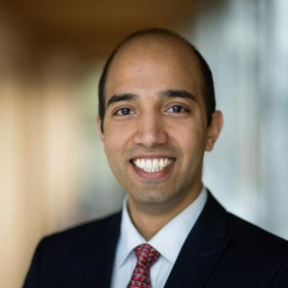
Sustainable Operations Researcher
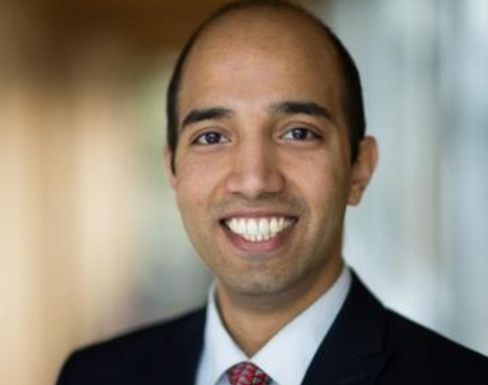
Sudhir Rama Murthy is an operations management researcher at Cambridge. His focus is on sustainable industrialisation in a changing world. He holds a PhD in Engineering from the University of Cambridge, where he specialised in sustainable manufacturing. Related to that work, he co-edited a book on sustainable manufacturing and post-globalisation for Springer in 2019. Subsequently, he was a Research Fellow at Saïd Business School, University of Oxford, where he led research on responsible business and systems change.
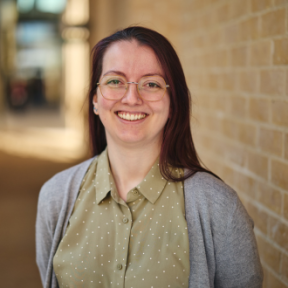
Schmidt AI in Science Fellow
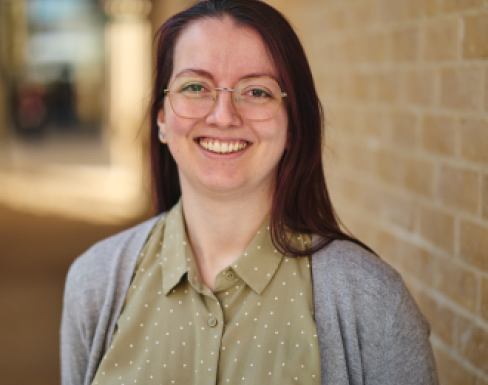
Dr Alycia Leonard is a Senior Research Associate in Energy Systems. She specialises in the spatial design of sustainable, inclusive energy systems that balance large-scale economic opportunities with local community needs. As a Schmidt AI in Science Fellow, she develops data-driven strategies to optimally target energy access interventions for maximum uptake and equitable impact. An engineer by background, she holds a DPhil in Engineering Science from Oxford, where she was a Clarendon Scholar, and a BEng in Electrical Engineering from Memorial University of Newfoundland.
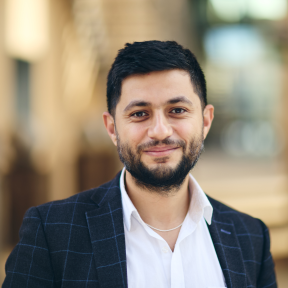
British Academy Research Fellow
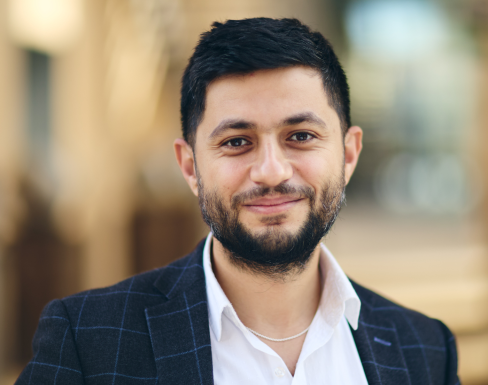
Ammar Azzouz is a British Academy Research Fellow at the University of Oxford. He is the author of Domicide: Architecture, War and the Destruction of Home in Syria (Bloomsbury, 2023), with a foreword by Lyse Doucet, the BBC’s Chief International Correspondent. Azzouz is the Principal Investigator of Slow Violence and the City, a research project that examines the impact of violence on the built environment at the time of war and peace. He has written for a wide range of platforms including the New York Times, the Guardian, and the New Statesman.
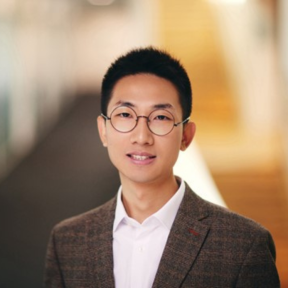
Postdoctoral Research Fellow
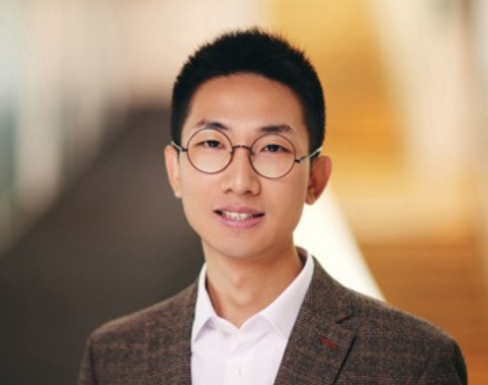
Cheng Lu is a Postdoctoral Research Fellow at the Oxford University Centre for Corporate Reputation, Saïd Business School. His research interests span the domains of social entrepreneurship and innovation, civil society organisations, corporate social responsibility, and state-society relations. Cheng is working with Paulo Savaget, who holds a joint appointment at Saïd Business School and the Department of Engineering Science, on a project investigating the legitimation of social enterprises in China. Cheng earned his master’s degree in Political Science from Peking University and completed his PhD in Management at the University of Edinburgh. Beyond his work at Oxford, Cheng has collaborated on several research initiatives with the Center for Civil Society Studies at Peking University, the Yunus Center for Social Business and Microfinance at the Renmin University of China, and the Nanyang Center for Emerging Markets at Nanyang Technological University.
Passionate about his field, Cheng seeks to bridge the gap between theory and practice, liaising with certifiers, funders, intermediaries and policymakers dedicated to cultivating a self-sustaining ecosystem for China’s social entrepreneurship and practice.
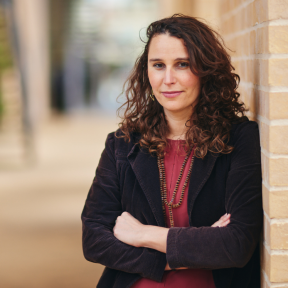
Independent Researcher
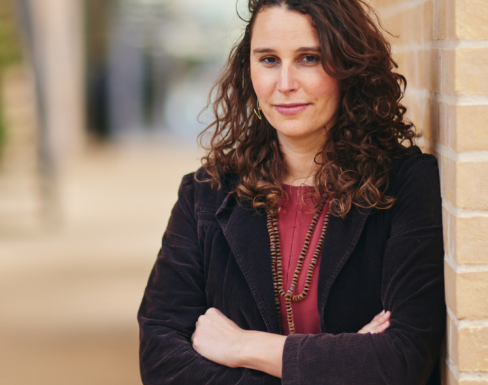
Laura is an independent researcher and policy advisor. She joined Oxford in 2022, as a Social Science Division Postdoctoral Fellow at the Oxford School of Global and Area Studies (OSGA). Until October 2024, she was Departmental Lecturer in Latin American Studies and Director of the Brazilian Studies Programme, at the Latin American Centre at OSGA. Her work revolves around various issues such as foreign policy, international development cooperation, policy diffusion, state-society relations, and open government. Her current research projects focus on the disputes surrounding the growing role of rising powers countries like China, India, and Brazil in the current geopolitical landscape and on multi-level governance in the Amazon. Prior to joining Oxford, she accumulated over 10 years of experience working for civil society organizations and think tanks, primarily in Brazil and the UK.
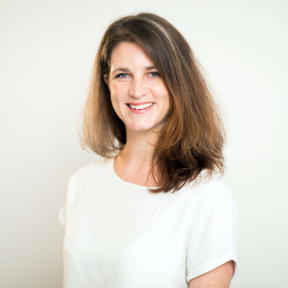
Climate Problem Solver, Systems Thinker, Connector
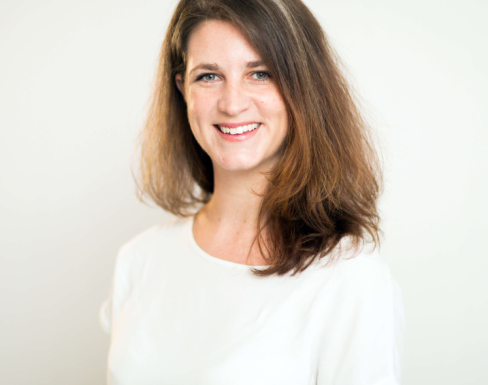
Pip Wheaton is a climate change practitioner and systems thinker. She helps Ashoka build a global strategy for Planet & Climate, and also works with Wellington City Council to achieve their target of reducing the city's emissions by 57% by 2030. Australian by birth, IPip has spent the majority of her career in South Africa and the UK. While in South Africa, she founded enke: Make Your Mark, a youth development organisation that has impacted tens of thousands of young people across the country. For this work, she was named an Ashoka Fellow in 2014.
